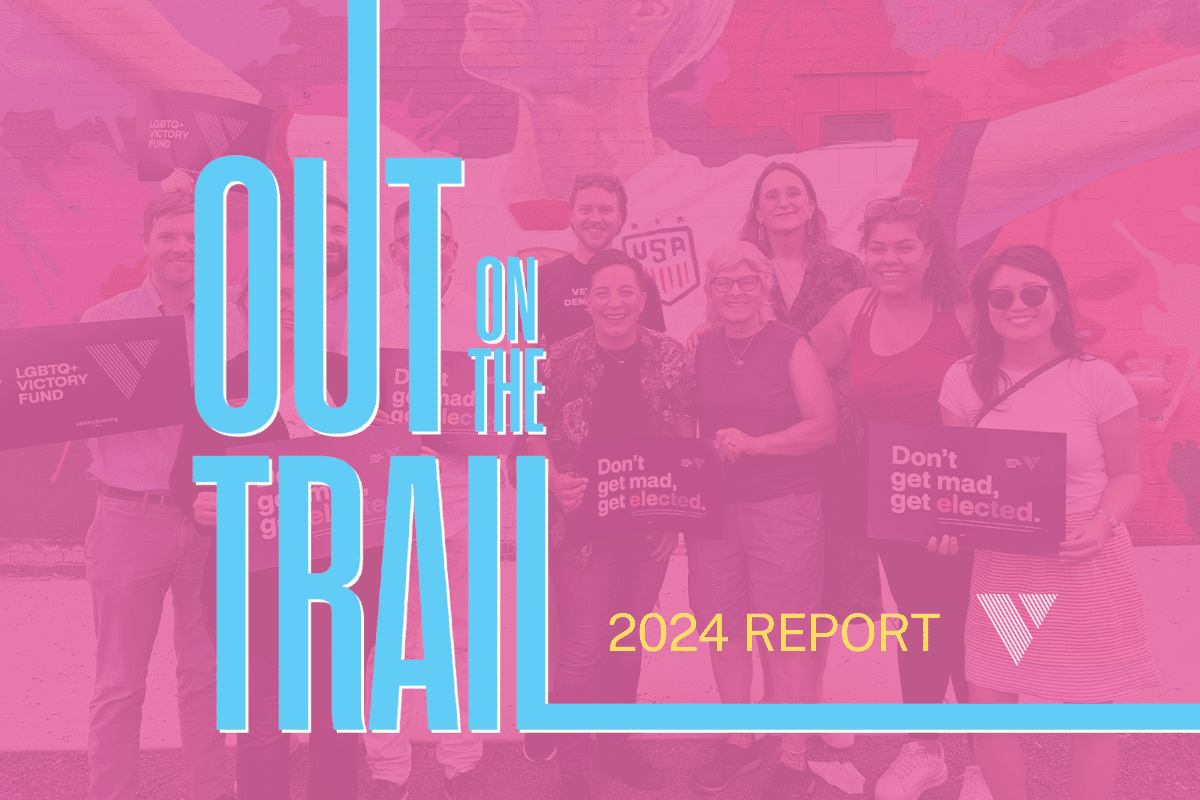The growing political participation of openly LGBTQ people may be one sign of an improving situation for the LGBTQ community in Latin America, according to a new report released this spring.
“LGBTQ Rights and Representation in Latin American and the Caribbean: The Influence of Structure, Movements, Institutions, and Culture,” written by Javier Corrales, a professor of Political Science at Amherst College, examines the progress of LGBTQ rights and representation in Latin America and the Caribbean, and asks which conditions allow for the most successful expansion of equality. The Victory Institute is partnering with the LGBTQ Representation and Rights Initiative, led by Professor Andrew Reynolds at the University of North Carolina at Chapel Hill, to document the connection between equality for LGBTQ people and political representation, and to help publish the new report.
While some regional gains have been made on LGBTQ policy issues such as marriage and adoption rights, LGBTQ representation in government is still relatively low in Latin America, but there are signs that this is changing. Increasingly, LGBTQ people are running for office, helping to shift public opinion and allowing LGBTQ voices to be heard from within government institutions. The paper concludes that role of social movements is essential to the expansion for political and social rights for LGBTQ people, and that social movements are most effective when they operate in the context competitive political parties, federalism, and independent and progressive courts.
The research is part of Victory’s expanding international work in Latin America and the Caribbean, among other regions. Working with national and regional partners in country, Victory is training LGBTQ leaders who want to help build more inclusive democracies.
This fall, Victory and its partners will hold a second Meeting of LGBTI Political Leadership in Latin America and the Caribbean October 2 to 3 in Tegucigalpa, Honduras. More than 200 attendees are expected to participate in two days of discussions, training, leadership skills development, creating networks that will help them reinforce democratic participation of the LGBTQ population. A similar conference was held last year in Lima, drawing 300 participants from across the Americas.
Click here to learn more about Victory Institute’s international work. Learn more about USAID’s LGBTQ Global Development Partnership here.
